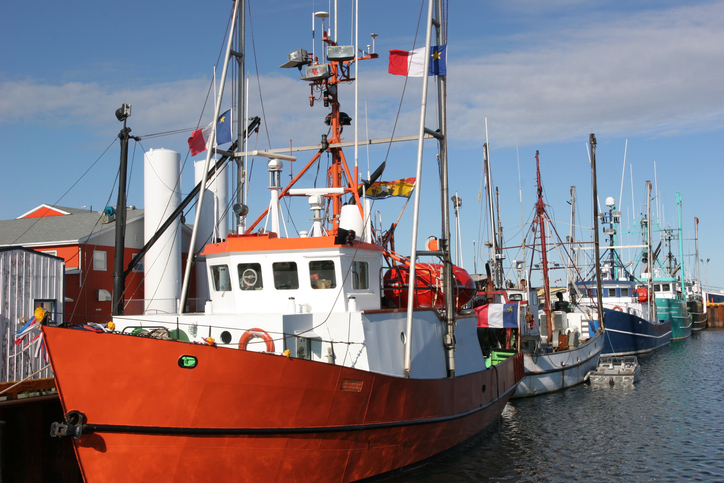Update on UK-EU Relationship: week commencing 15 November 2021
Fishing row and Northern-Ireland dispute
The ongoing fishing rights dispute between the UK and France started in September when a British fishing vessel was seized by French authorities. France claims that the UK has failed to grant fishing access to French boats in UK waters, breaching the terms of the post-Brexit deal. Under this arrangement, French trawlermen, who had traditionally fished between 6 and 12 miles off the coast of the UK, would be allowed to continue to do so if they could provide proof that they had fished there every year since 2016.
However, there is now disagreement over how many licences have been granted to French trawlers operating in British waters. The UK government’s justification for refusing many applications was due to insufficient supporting evidence. The French government has threatened retaliatory action as a result, stating British boats could be banned from landing their catches in France. Increased customs checks on goods travelling to and from the UK were also threatened if the dispute was not resolved.
The dispute has caused significant disruption across the UK and the threat of lengthier customs checks for perishable goods (e.g fish) could affect these trades severely. This is compounded by the fact that supply chains are already weakened by the current HGV driver shortage. Furthermore, for many trawlers, France is also their largest market and they are reliant on trading there to ‘stay afloat’.
Talks have begun between the French European Affairs Minister, Clement Beaune, and UK’s chief Brexit negotiator, Lord Frost, but nothing has been resolved thus far. Although fishing is a small part of both British and French economies, it played a large part politically throughout Brexit. Negotiations have also stalled due to previous disputes with the EU over the implementation of the Northern Ireland Protocol. An important factor in this is the EU Court of Justice’s jurisdiction over EU law which still applies in Northern Ireland. The UK has even threatened to trigger Article 16 of the Protocol which would involve a unilateral suspension of parts of the deal.
The Budget
The recent Budget announcements have highlighted a number of policies the government seeks to impose now we have left the EU. The most notable of these is the proposed reform of alcohol duties, consisting of a higher duty for stronger alcohol and a lower duty on beer and lighter wines. However, the Northern Ireland Protocol prevents these rules applying in Northern Ireland, which must conform to EU rules setting a minimum rate of tax for alcoholic drinks.
Shared Prosperity Fund
Further details have also been announced on the post-Brexit replacement for European structural and regional funding, the Shared Prosperity Fund (‘SPF’). It will be worth more than £2.6bn over the next three years and will be focussed on helping people “into jobs and get on in life across the UK”.
Water control
The Government announced that it will put legal controls on water firms dumping sewage in rivers and the sea during periods of heavy rain or storms. This came after MPs faced a backlash for voting down this House of Lords amendment to the post-Brexit Environment Bill, brought forward to replace EU environmental rules after Brexit.
HGV and labour shortages
HGV drivers and labour shortages in the food and farming sectors continue to cause problems with the UK in the run-up to Christmas. These driver shortages are likely to continue until the end of next year because of bottlenecks in training new recruits, exacerbated by the end of free movement for EU workers. The National Farmers Union have also stated that labour shortages are causing food and flowers to be thrown away and urgent action is required to address this.
Key dates
31 Dec 2021: End of the transitional period which allowed more time for exporters to obtain the suppliers’ declarations needed to prove the origin of their exports when sending goods to the EU (so that they qualify for preferential treatment under the Trade and Cooperation Agreement (TCA)).
31 Dec 2021: Scheduled end of the 12-month adaptation period for businesses to implement an EU regulation in relation to the flow of medicines from, and via, Great Britain to Northern Ireland.
1 Jan 2022: Full customs declarations and controls are due to be introduced on EU imports into the UK.

